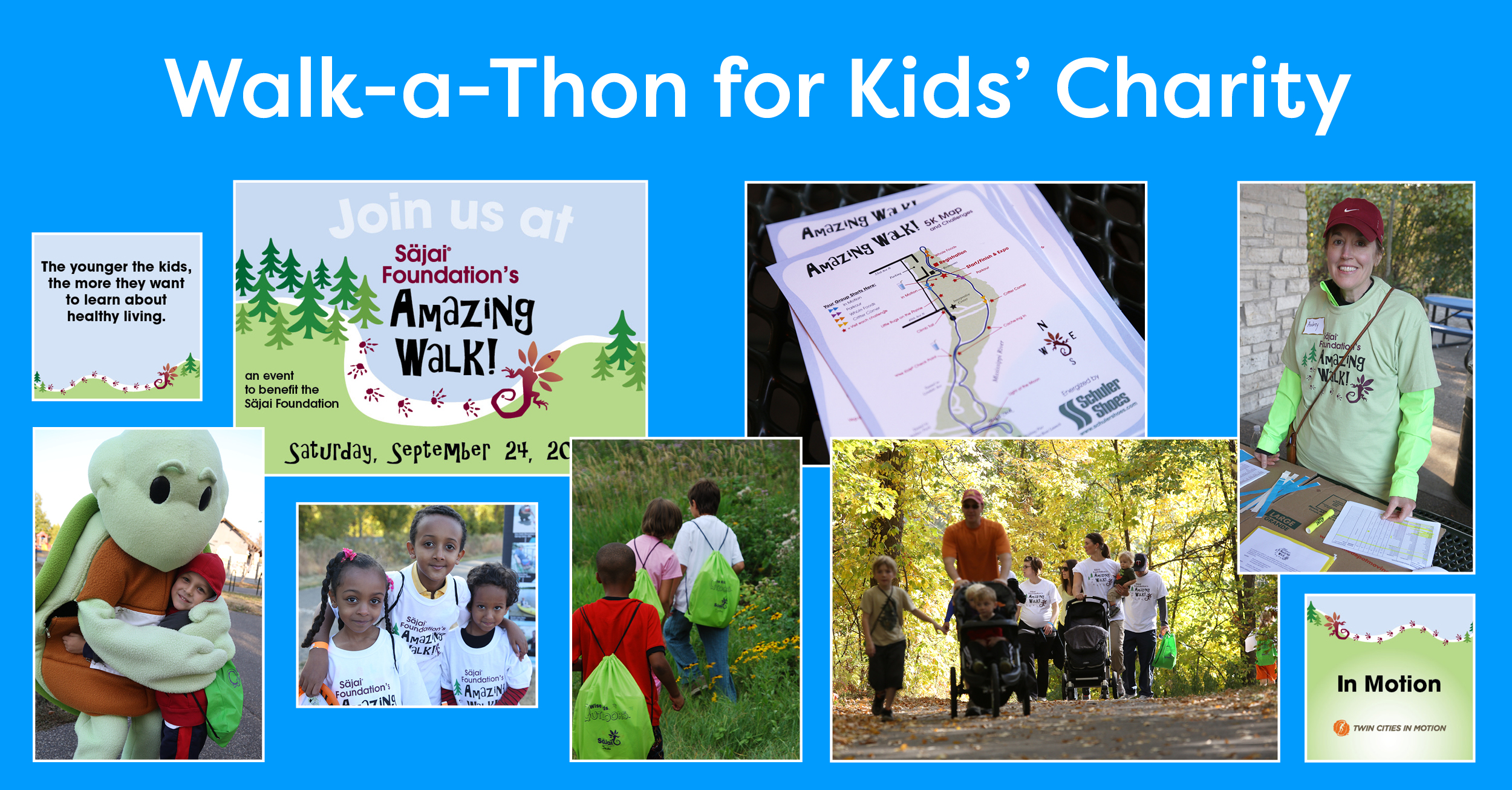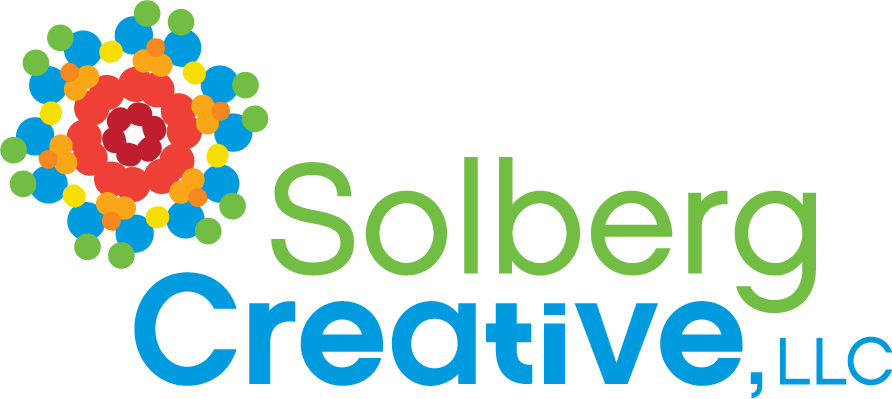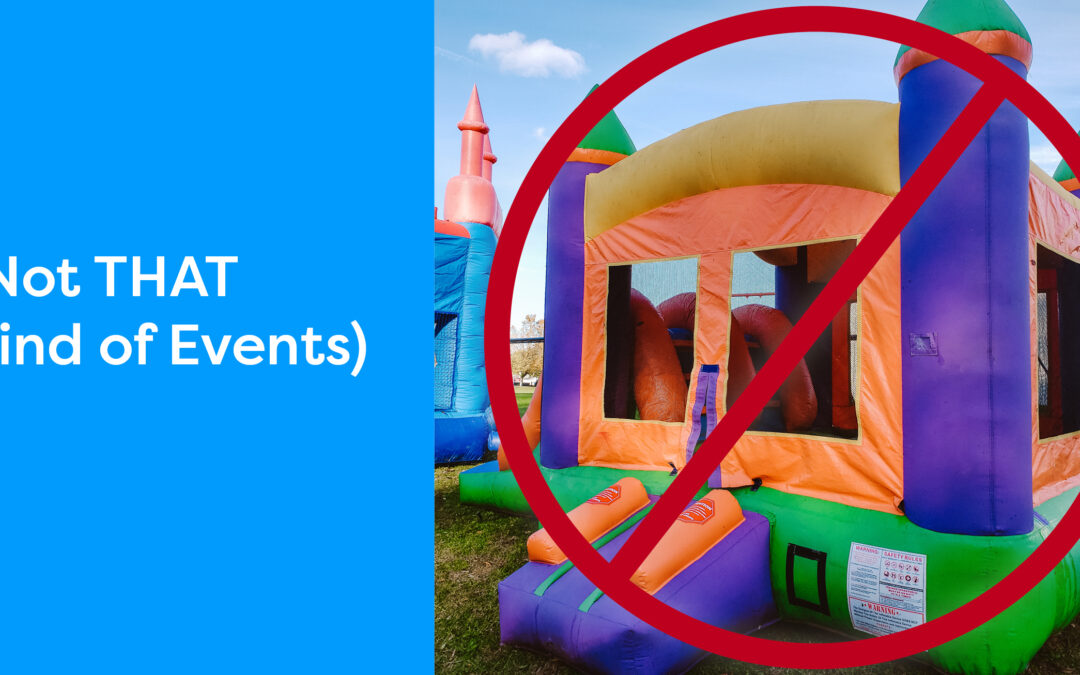When we say that Solberg Creative does event planning, we don’t necessarily mean any kind of event. Fun as they are, we don’t plan birthday parties (largely because we don’t work with clowns. Or ponies). But if you’re looking for help with corporate or charity events, we’re here and ready to help. Read on to learn more about the different types of events we handle and what’s involved in creating and holding them.
Event planning can range from a simple in-house work meeting to a large international event attracting thousands of participants. Every event is unique, of course, but there are some basic categories for types of events and some steps that are common across most events. Here are examples of event types that Solberg Creative can plan for you.
Event Types
These are some popular types of events and mentions of where they’re usually held.

Charity events. These are focused on raising money and other kinds of support for various charitable causes. Here are some of the charitable event types.
- A retailer offers to have a percentage of sales go to a preselected nonprofit, usually during a specific time period (one day, week, etc.). The event takes place in a retail store.
- Galas are typically events held in large areas such as conference centers or hotel ballrooms.
- “Thons.” These are sports-based fundraisers and include everything from charity golf tournaments to triathlons to walk-a-thons. The basic idea is that people sign up to participate, then ask their contacts to pledge money based on the participant’s level of participation.
There are other types of charity events too, as detailed in this GoFundMe post.
- Active events. These are often used for teambuilding or employee rewards. They’re usually not in the workspace, but take place somewhere fun and often casual, encouraging employees to relax and enjoy themselves. They can take place at bowling alleys, yoga studios, Top Golf or golf courses, escape rooms, etc.
- Corporate meetings. These have a range of functions, from annual meetings to inform employees of how the company is doing and what future goals are to leadership retreats to trade shows to educational events. In general, they’re either meant to keep internal staff informed, or they’re meant to showcase the company’s services to an external audience. They have one of two locales.
- Local: These are held near the company’s headquarters (and sometimes within its HQ building itself), often in a restaurant, bar, hotel, or conference center.
- Destination: These are frequently used by companies that have multiple national or international locations or as a reward for staff (while still addressing company business as opposed to a strictly fun outing, such as active events above). These usually center on a hotel at the destination or a nearby conference center.
Factors in Event Planning
The simplest events might only require space on the calendar and a local takeout menu. But for many events, there are far more factors than that (which is why it’s valuable to have an event planner overseeing the many minute details). Here are some of the categories and considerations that come into play. Not all will apply to every event, but there is quite a bit of overlap.
Event Specifics
Date and timeline, which can include:
- Timeline plan and coordination
- Marketing and advertising the event to the intended audience
- Launch and monitoring of registration
- Setting up the venue
- Holding the event
Budget development, which can include:
- Food and drink
- Activities
- A/V needs
- Coordination of speakers and talent
- Meeting support
- Travel arrangements and logistics
Communications, which can include:
- Attendees (event details, pre-meeting info, agenda, presentations, etc.)
- Sponsors
- Vendors and suppliers
- Post-event evaluation (typically a survey)
Have an event that needs planning and feeling overwhelmed? We’re here to help.

